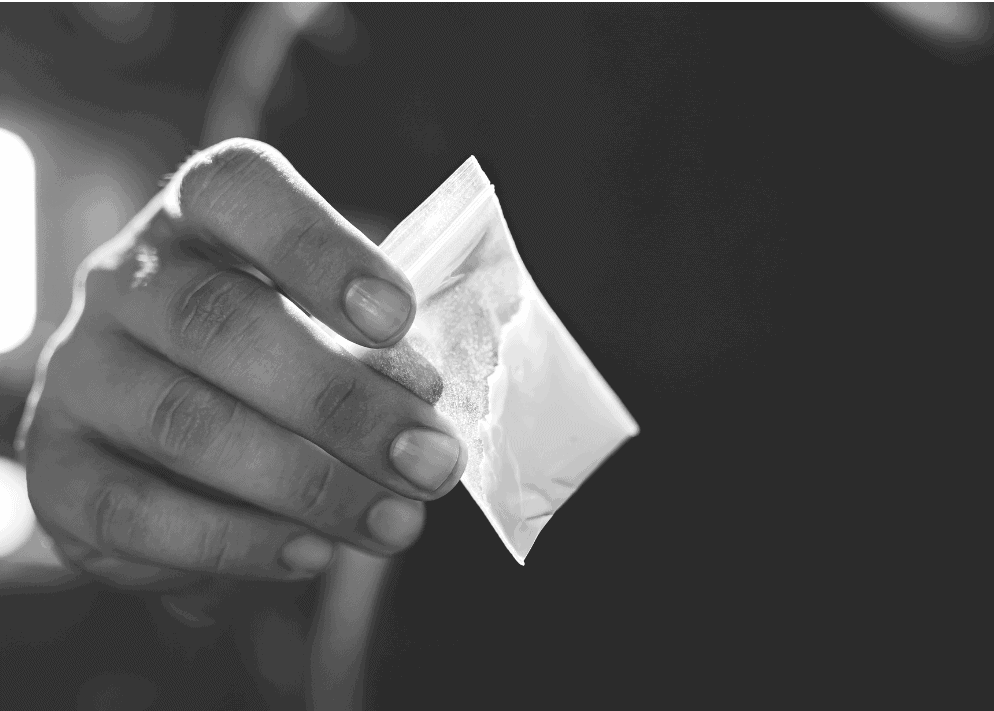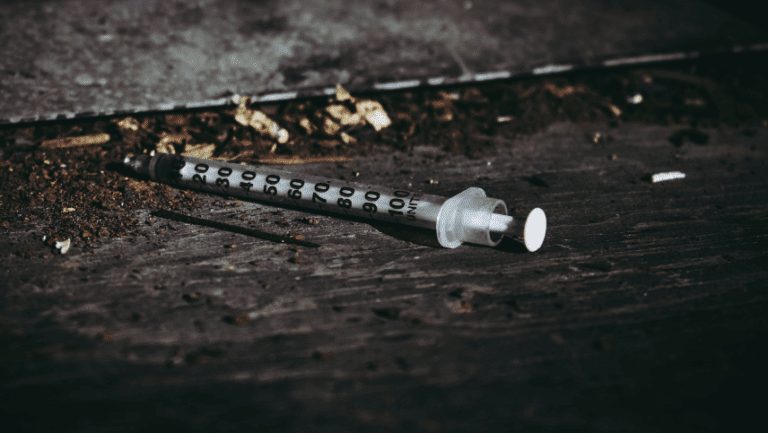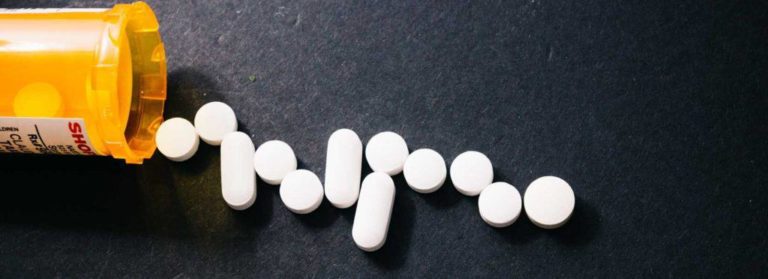Anorexia nervosa is a mental disorder characterized by an intense fear of gaining weight or a fear of being fat. People with anorexia focus on their weight to the extent that they lose their appetite. As a result, they do not eat anything and reduce their daily calorie intake. They also lose weight. Because of this, people suffering from anorexia may misuse drugs like cocaine, which leads to the association between anorexia and cocaine. This article discusses the link between anorexia and cocaine use and its implications.
What is the Link Between Anorexia and Cocaine?
Anorexia is a behavioral disorder that causes people to fear gaining weight. It is characterized by excessive concern with body image, low self-esteem, and anxiety about being fat. People who have anorexia often have a distorted perception of their own weight, leading them to fear it is unusually low. A person may try to lose weight by cutting calories or by vomiting or taking laxatives. Other people with anorexia attempt to become “good” eaters. People with anorexia often take diet pills, search online for “diet” information, or count calories. They may even try to exercise “nonstop” for hours. However, dieting and exercise are usually obsessive, unrealistic behaviors that do not lead to permanent weight loss.
Why do People Abuse Cocaine?
Cocaine is a powerful stimulant drug that is derived from the leaves of the coca plant. This plant indigenous to the Andes Mountains, South America, is used for thousands of years for healing, religious and social purposes. Its usage for recreational purposes, however, has become widespread in the last two decades.
As with most drugs, cocaine affects the brain’s reward system by triggering the release of dopamine. The brain places a “value” on certain activities, such as eating and sex, by releasing dopamine. When a person uses cocaine, the drug overrides this system, leading to a craving for more cocaine. This “unnatural” desire for more cocaine is the reason why most people continue to abuse the drug despite negative consequences.
How does Cocaine Affect the Brain?
Cocaine is a powerful stimulant that affects the brain’s reward system, causing intense euphoria, increased energy and decreased fatigue. This is why people have a “rush” of positive feelings, such as self-confidence, happiness, and confidence before having a “crash” after a short time.
This rush of positive feelings from cocaine is what makes the drug so appealing. But the rush caused by cocaine is also what puts pressure on the brain to release dopamine again and again. Unfortunately, the brain does not have the ability to store “more” dopamine than it has already given out.
If a person continues to take a high enough dose of cocaine, this can lead to a lack of dopamine, causing depression and anxiety. Because of this, most people who abuse cocaine experience periods of depression and anxiety. Some people who abuse cocaine experience psychotic symptoms, including hallucinations, delusions, or paranoid thoughts.
Signs and Symptoms of Anorexia and Co-occurring Cocaine Use
Since anorexia and cocaine are both drugs that lead to intense euphoria, they are often abused together. People who abuse both drugs are at a higher risk of developing anorexia. It is possible that the intense fear of gaining weight or being fat that accompanies anorexia can create the desire to abuse cocaine in order to experience the same rush of positive feelings.
Cocaine abuse can also lead to severe mood disorders, including depression, bipolar disorder, and psychosis. These disorders can be symptoms of anorexia as well.
Knoxville Recovery Center Can Help
However, it is also possible for people to abuse drugs such as cocaine which can cause extreme changes in mood, energy, and appetite. It is important to recognize the relationship between anorexia and cocaine use. Treatment for both anorexia and cocaine use is necessary to fully recover from both disorders.
Fortunately, help is available for those battling addiction and/or mental health issues. Knoxville Recovery Center offers various services to those struggling in any stage of addiction or mental illness. KRC includes aftercare planning to help those in rehab transition.
Aftercare Planning – Aftercare is designed for individuals who have benefitted from our introductory addiction services and are transitioning into a more intensive addiction treatment program. Once a client is stabilized, they will be encouraged to pursue continued addiction treatment. Our experienced case managers will then work with our clients to place them in a program that addresses their specific wants and needs.
Additional services provided include:
Detox – Our on-site detox clinic accommodates and supports clients as the body sheds all residual traces of addictive substances. Clients are under medical supervision during the detox process to ensure that they remain safe and comfortable.
Addiction Treatment – During our addiction treatment program, clients will engage in introductory therapies and exercises that work to prepare them for continued, more intensive treatment outside of our facility. The goal of our addiction treatment track is to stabilize clients so that they are treatment-ready.
Mental Health Treatment – Our mental health treatment program introduces behavioral therapies rooted in self-expression and holistic exercise. Art therapy, music therapy, and yoga are just a few forms of therapy we offer at the center. Our goal is to help the client reclaim their voice and expose them to treatment within a professional facility.
If you feel that you or a loved one is struggling and needs help, our specialists are on standby and ready to help. Call Knoxville Recovery Center and speak with an expert today.











